Ep. 218 | The History of Tang Poetry (Part 1)
In this first of a series introducing the history of the development of Chinese poetry, Laszlo focuses on the two most important works from Pre-Qin China. These were the Classic of Poetry and the Songs of Chu.
Though we will not get to the Tang Dynasty in this episode, we’ll look at what came prior and how each new style impacted newer emerging styles of poetry. The life of Qu Yuan will also be introduced.
Listen On Your Favorite Podcast Player
Terms in Episode
| Pinyin/Term | Chinese | English/Meaning |
|---|---|---|
| chéngyǔ | 成语 | Chinese Sayings. |
| Chǔ Cí | 楚辞 | the Songs of Chǔ the Verses of Chǔ |
| Chǔ Huái Wáng | 楚怀王 | King Huai of Chu, reigned 328-299 BCE |
| Chǔ Hàn Contention | 楚汉战争 | The war between Western Chu led by Xiang Yu and Han led by Liu Bang. Lasted from 206-202 BCE |
| Chǔ Kingdom | 楚国 | Warring States kingdom that ran from 403 to 227 BCE |
| Cài Zōngqí | 蔡宗齐 | One of many renowned translators of classical Chinese literature into English |
| diànhuà | 电话 | telephone |
| Diào Qū Yuán Fù | 吊屈原赋 | Lament for Qū Yuán, a Fu poem by Jia Yi |
| Dòngtíng Lake | 洞庭湖 | Lake that separates Hubei from Hunan |
| Dù Fǔ | 杜甫 | Another famous Tang poet. We'll get to him in Part 3. |
| Dú Qí Shī, zhī qí Rén | 读其人,知其人 | You can know a person by their poetry |
| Emperor Han Gaozu | 汉高祖 | Han founding emperor, reigned 202 to 195 BCE |
| Fù | 赋 | Also referred to as rhapsody's . More about the Fu genre next episode |
| gùxiāng | 故乡 | Hometown |
| Hubei | 湖北 | Province in central China |
| Hǎi Rùi Bà Guān | 海瑞罢官 | Hǎi Rùi Dismissed From Office, a 1960's play by Wu Han |
| Jiǎ Yì | 贾逸 | More about him nbext episode, a pioneer in the new style of Fu poetry |
| King Zhāoxiāng | 昭襄王 | King Zhao of Qin, reigned fifty-seven years, 306-251 BCE |
| Kings Wén, Wǔ and Chéng | 周文王,武王,成王 | See above. King Cheng was son of King Wu. Nephew to the Duke of Zhou |
| Liu Bang | 刘邦 | Founder of the Han Dynasty |
| Lí Sāo | 离骚 | Qu Yuan's masterpiece, Li Sao, "Encountering Sorrow" |
| Lǐ Bái | 李白 | Famous Tang poet. We'll get to him in Part 3. |
| Máo Hēng | 毛亨 | Master Máo, compiler of the Classic of Poetry |
| Mìluó Jiāng | 汨罗江 | The Mìluó River |
| Qí | 齐国 | Warring State in Shandong |
| Qū Yuán | 屈原 | Chu poet and official who lived from around 340 to 278 BCE |
| Shī Jīng | 诗经 | The Book of Odes, Book of Songs, the Classic of Poetry |
| Shī Yán Zhì | 诗言志 | Poems speak what's on the mind of people |
| Shǐ Jì | 史记 | The Records of the Grand Historian |
| Sīmǎ Qiān | 司马迁 | Han Dynasty historian. Lived around 145 to 86 BCE |
| Wáng Wéi | 王维 | Another famous Tang poet. We'll get to him in Part 3. |
| Wǔjīng | 五经 | The Five Classics that make up the Confucian Canon |
| Xiányáng | 咸阳 | The Qin capital, present day Xian |
| Yíng Zhèng | 嬴政 | The King of Qin and later the first emperor of China, Qin Shihuang |
| Zhou Dynasty | 周朝 | Ancient Chinese dynasty ran 1046 to 771 BCE stem to stern. |
| Zhou King Wén | 周文王 | Founder of the Zhou Dynasty, father to King Wu and the Duke of Zhou. Reigned 1112-1050 BCE |
| Zhànguó | 战国时代 | The Warring States Period app. 475 BCE to the establishment of the Qin in 221 BCE |
| Zòngzi | 粽子 | glutinous rice balls with all kinds of fillings, both sweet and savory |





























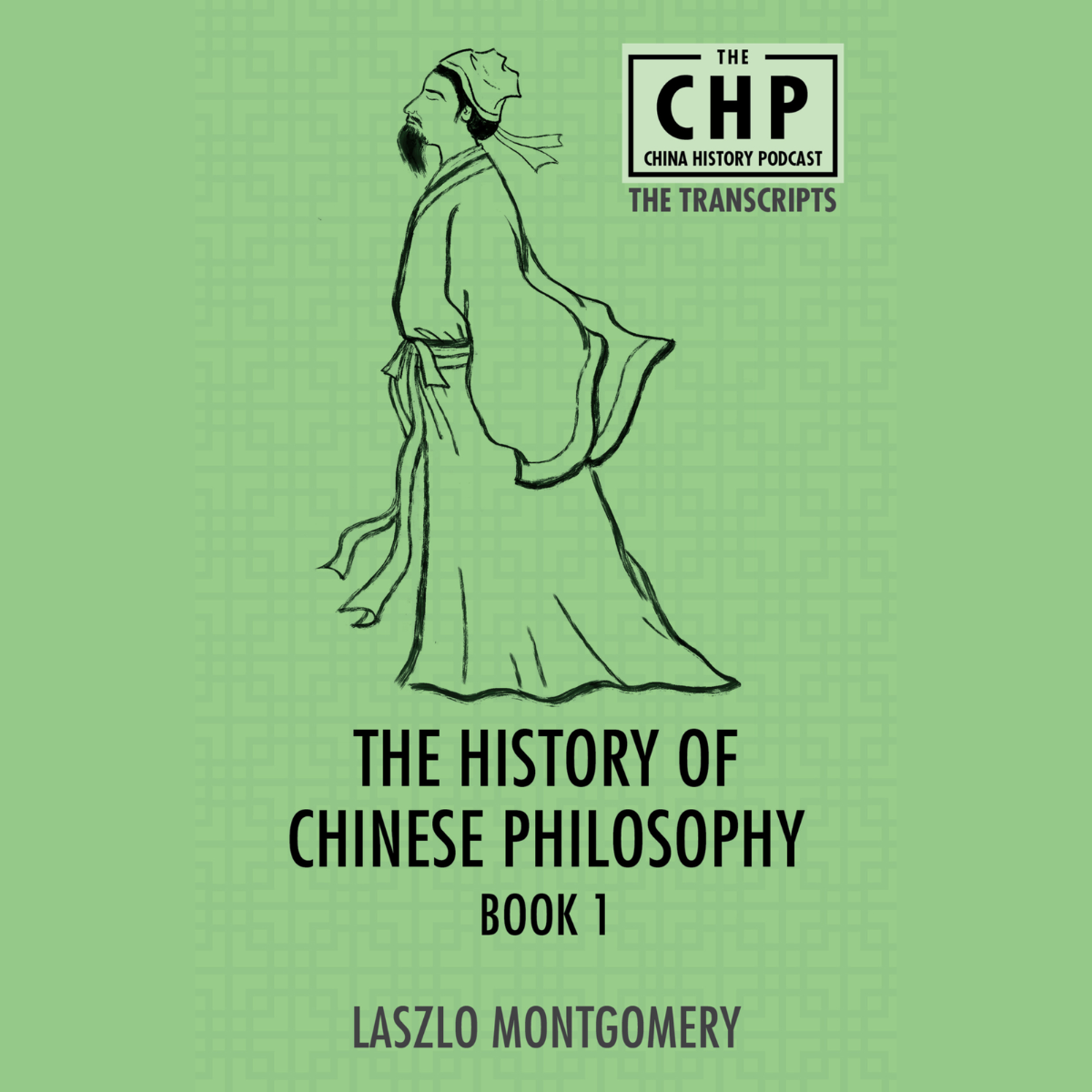
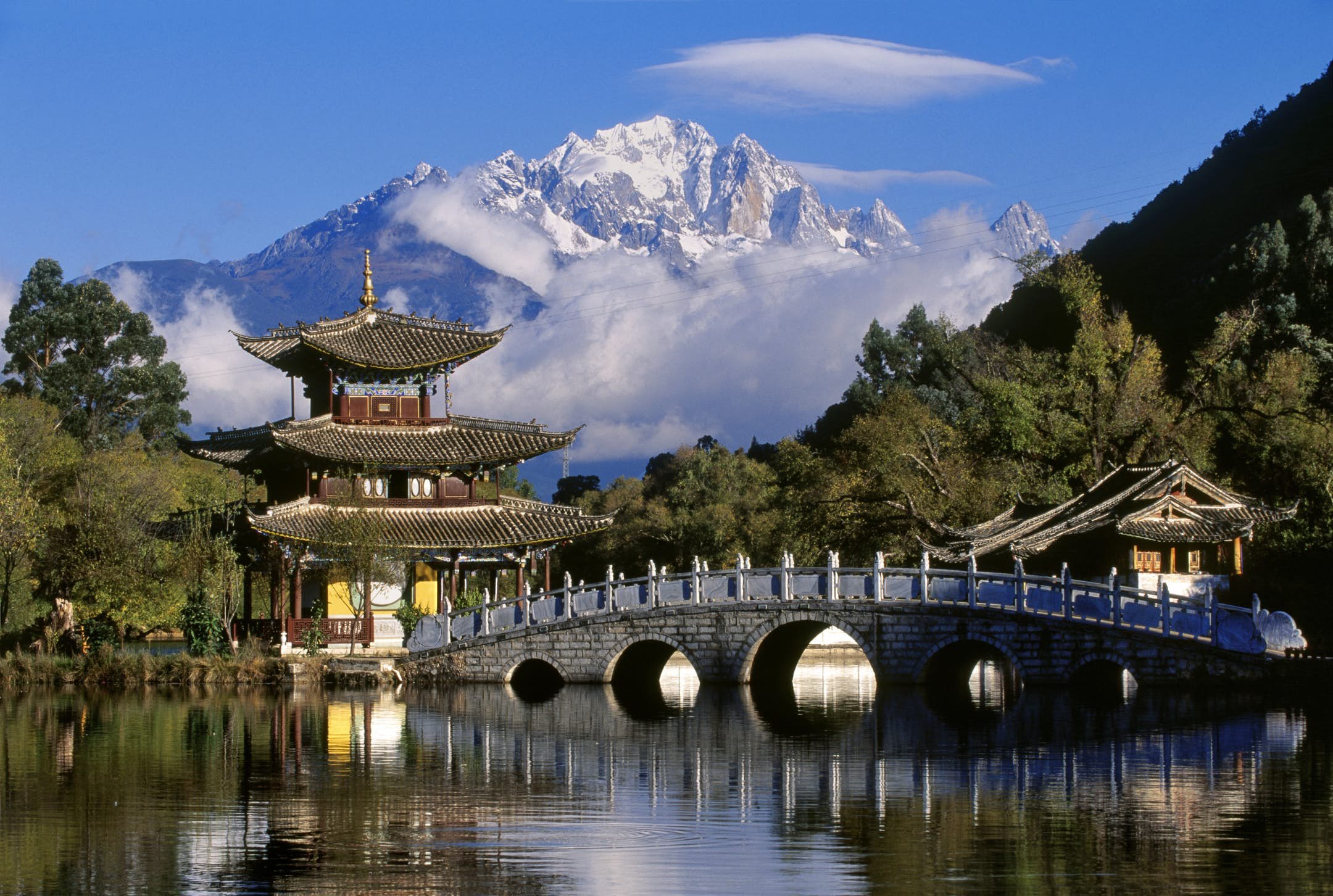
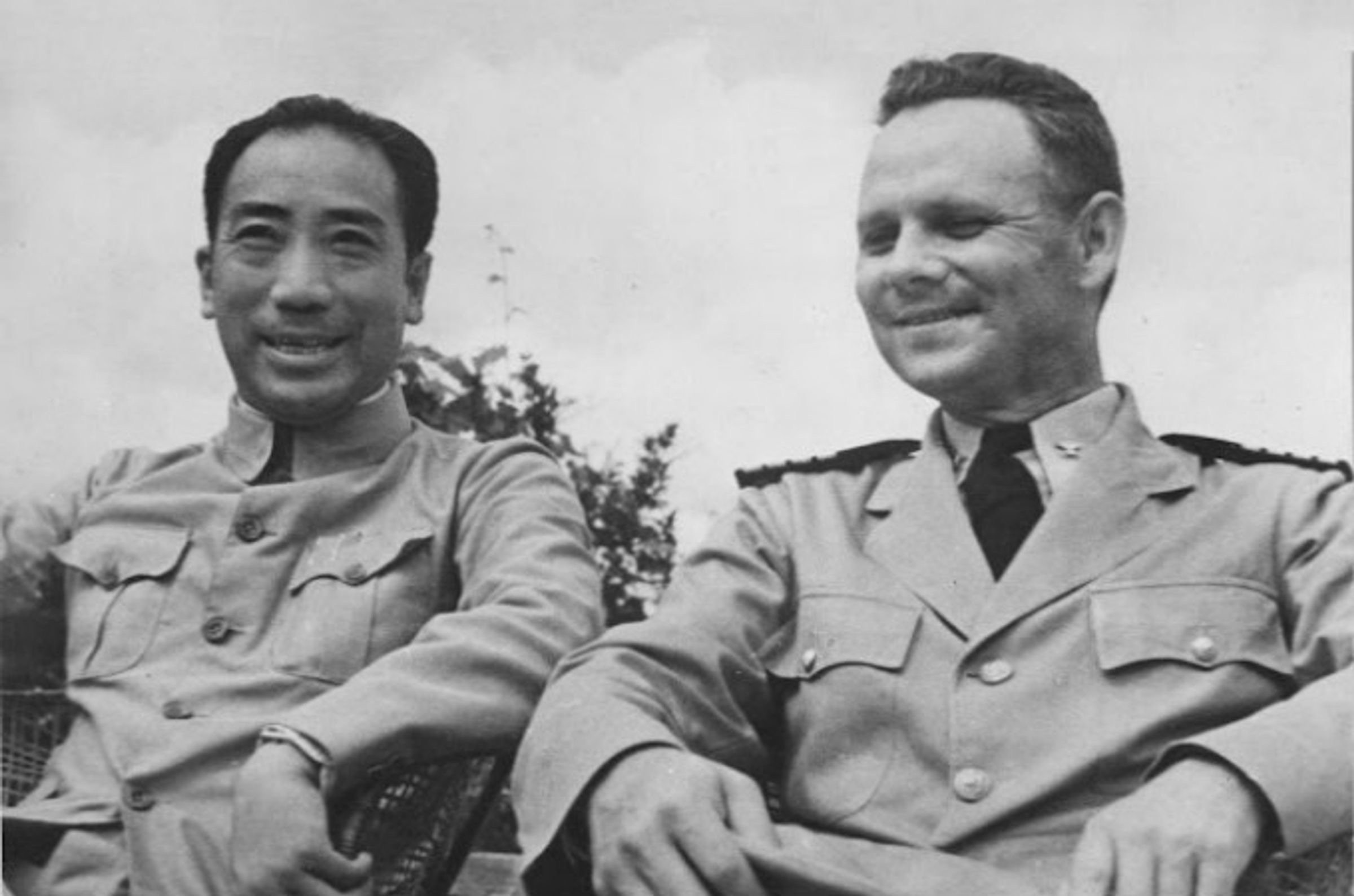
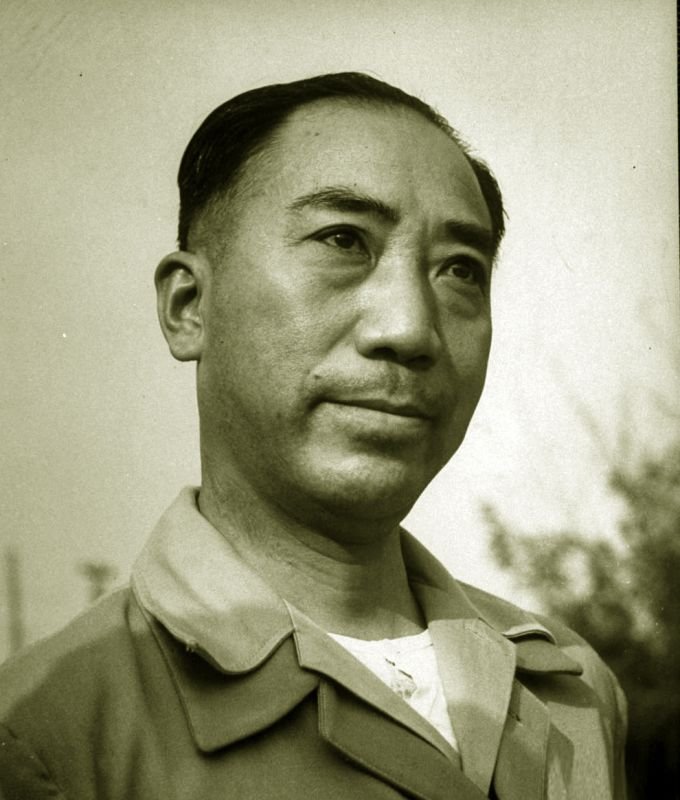
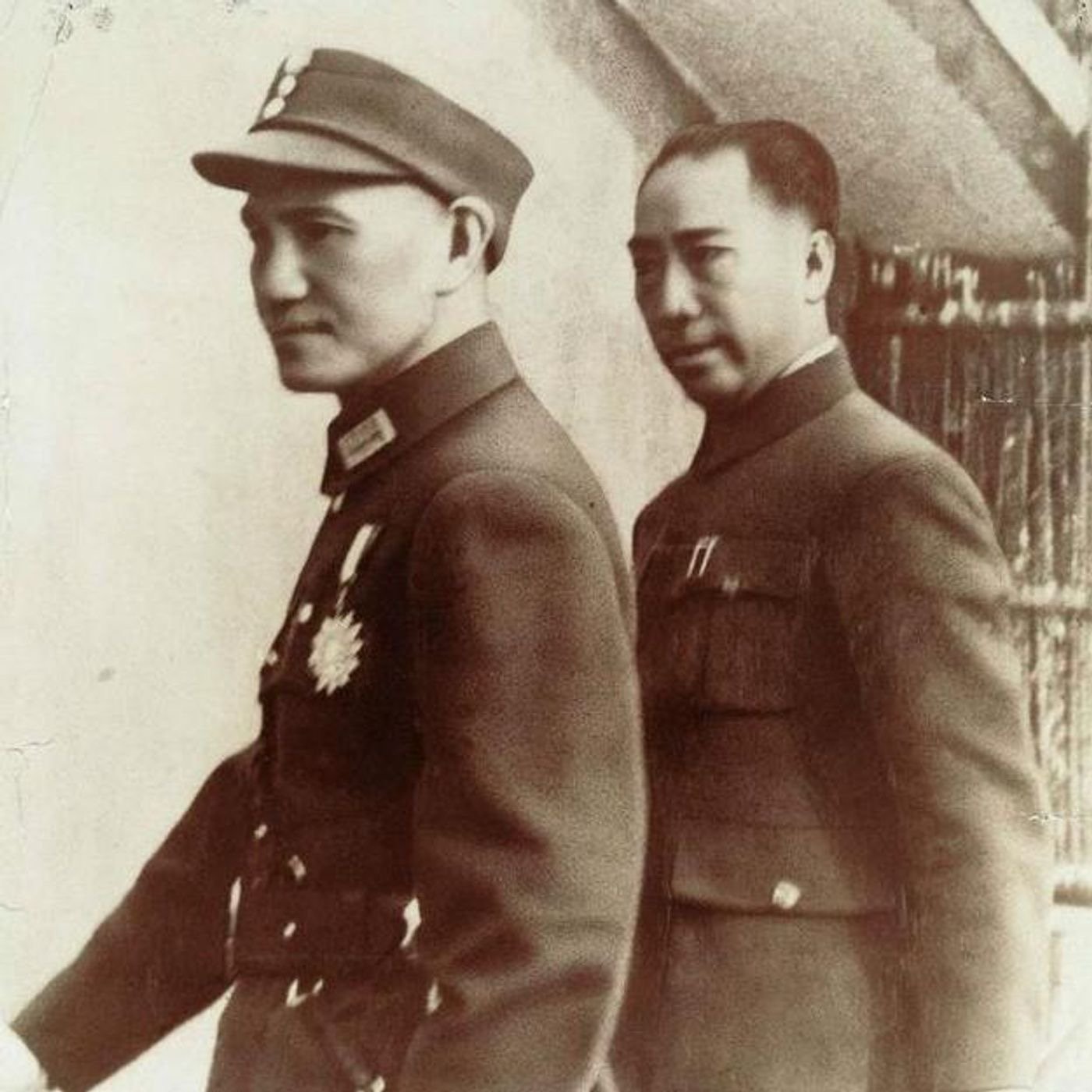
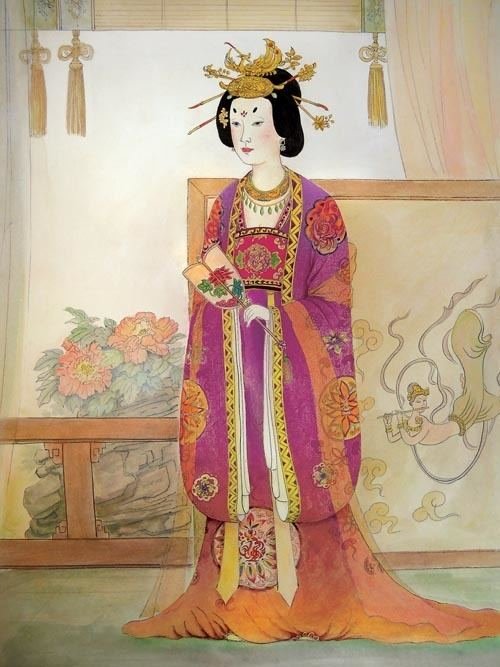
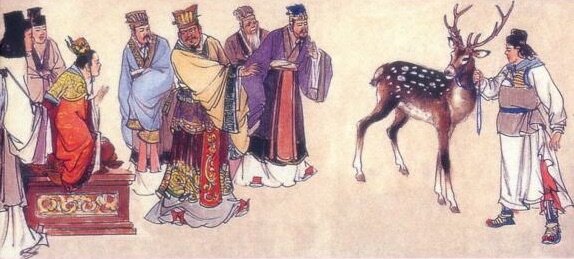
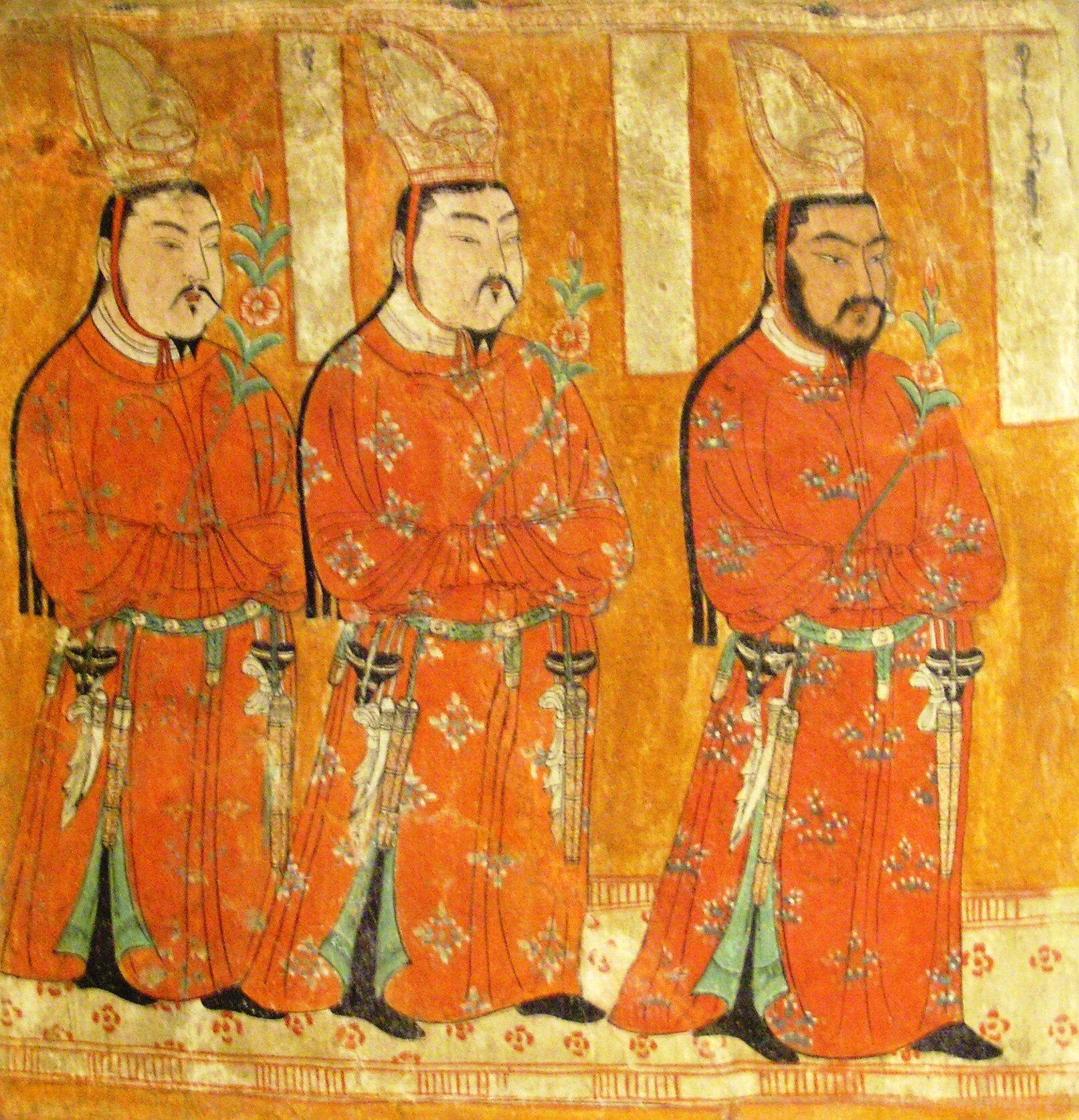
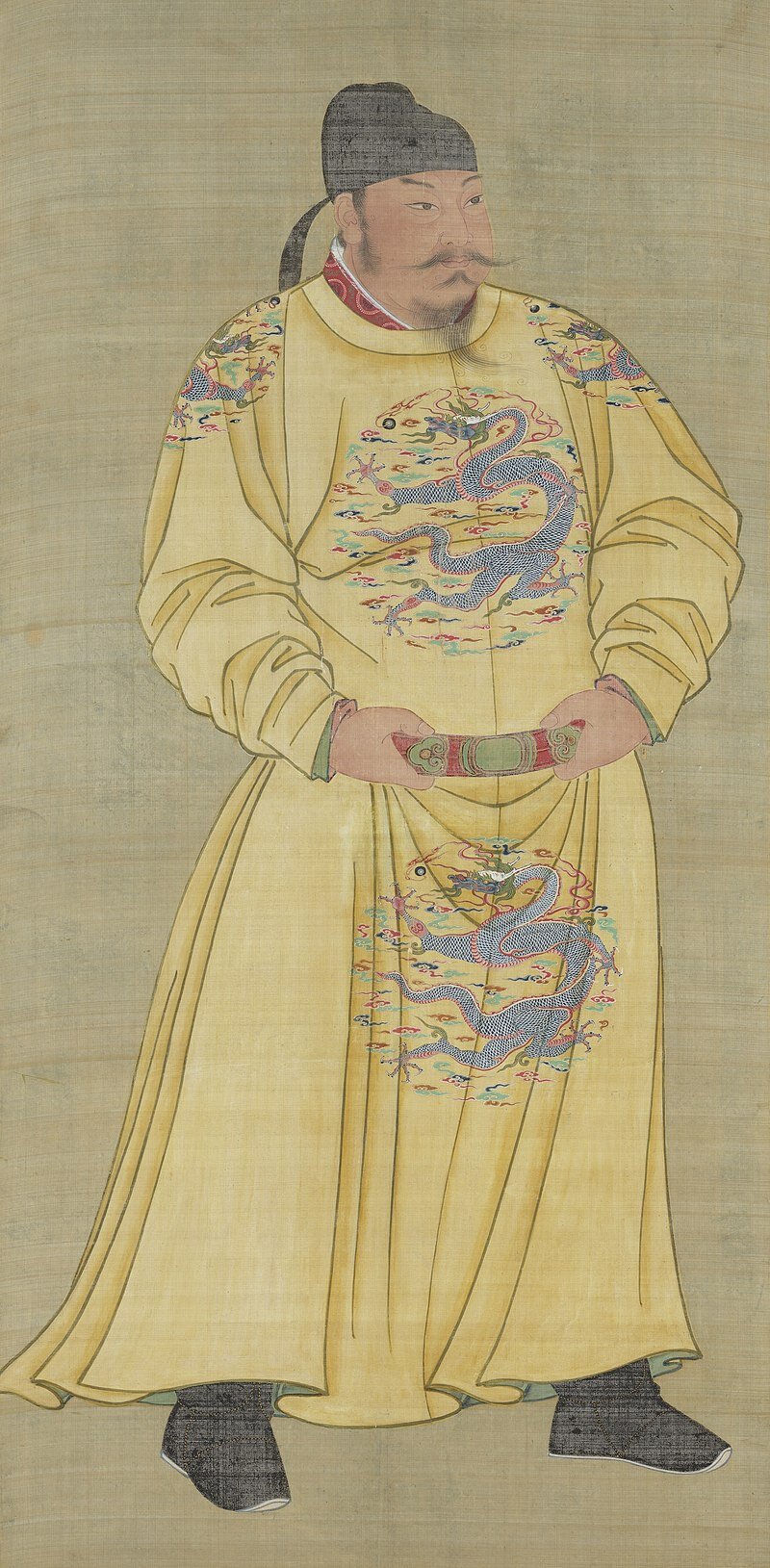
Pre-Confucian Philosophy during the Zhou Dynasty